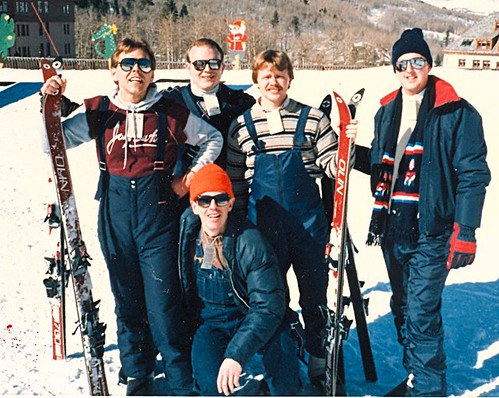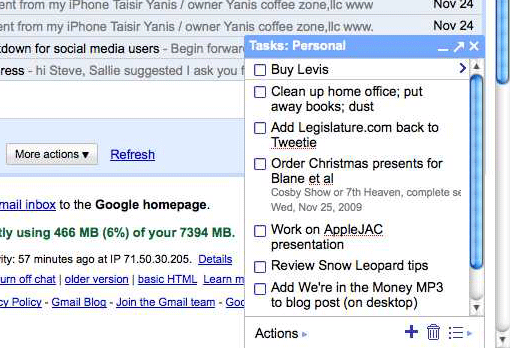A few questions from the always brilliant Seth Godin:
“What if your organization or your client has done nothing? What if they’ve just watched the last fourteen years go by? No real website, no social media, no permission assets. What if now they’re ready and they ask your advice?
I think my honest answer might have been, “Too late.” But Mr. Godin comes through with 10 practical suggestions. I encourage you to read them all. Here are my favorites:
- Start a book group for your top executives and every person who answers the phone, designs a product or interacts with customers. Read a great online media book a week and discuss. It’ll take you about a year to catch up.
- Offer a small bonus to anyone in the company who starts and runs a blog on any topic. Have them link to your company site, with an explanation that while they work there, they don’t speak for you.
- Do not approve any project that isn’t run on Basecamp.
- Don’t have any meetings about your web strategy. Just do stuff. First you have to fail, then you can improve.
Mr. Godin concludes the problem is no longer budget or access to tools, rather it is the will to get good at operating in our new world. I have to wonder if you haven’t found the will by now, how likely are you to do so

 “Your honor, the defense will stipulate that Senator McCaskill’s Facebook page is in no way an act of journalism and might be self-serving and total horse shit.”
“Your honor, the defense will stipulate that Senator McCaskill’s Facebook page is in no way an act of journalism and might be self-serving and total horse shit.”

